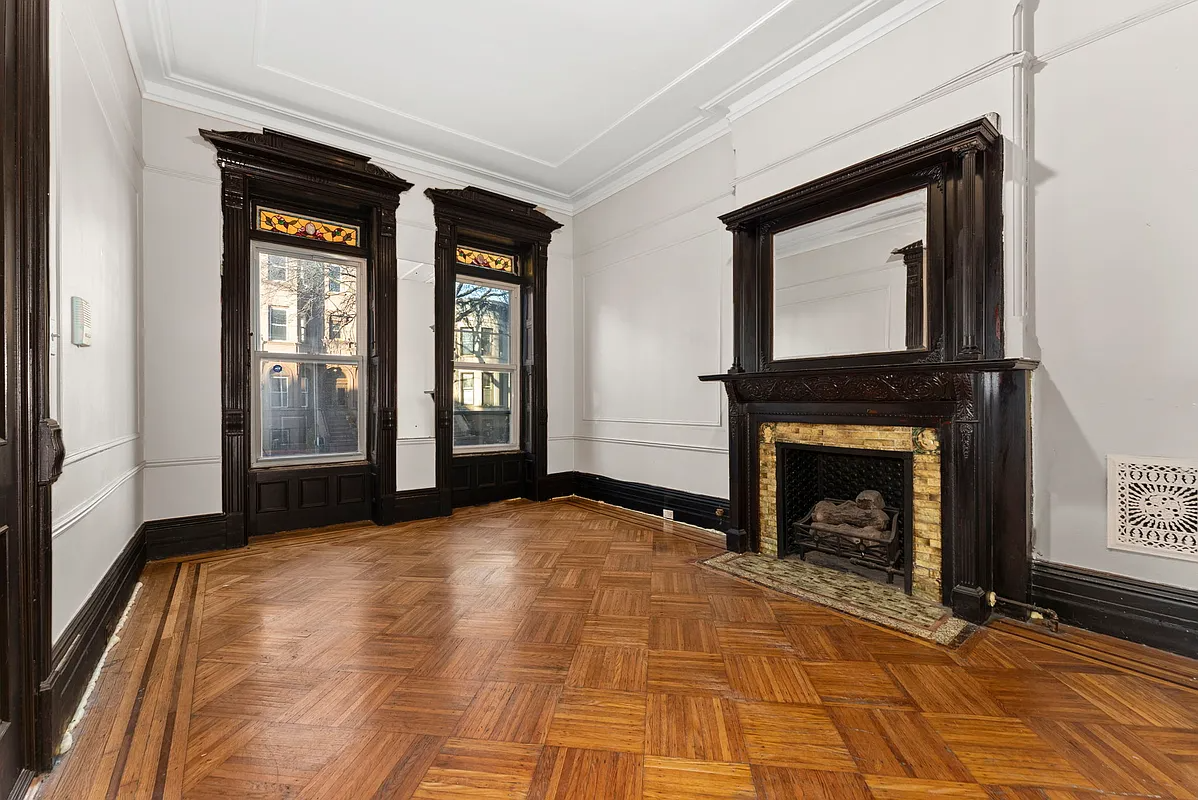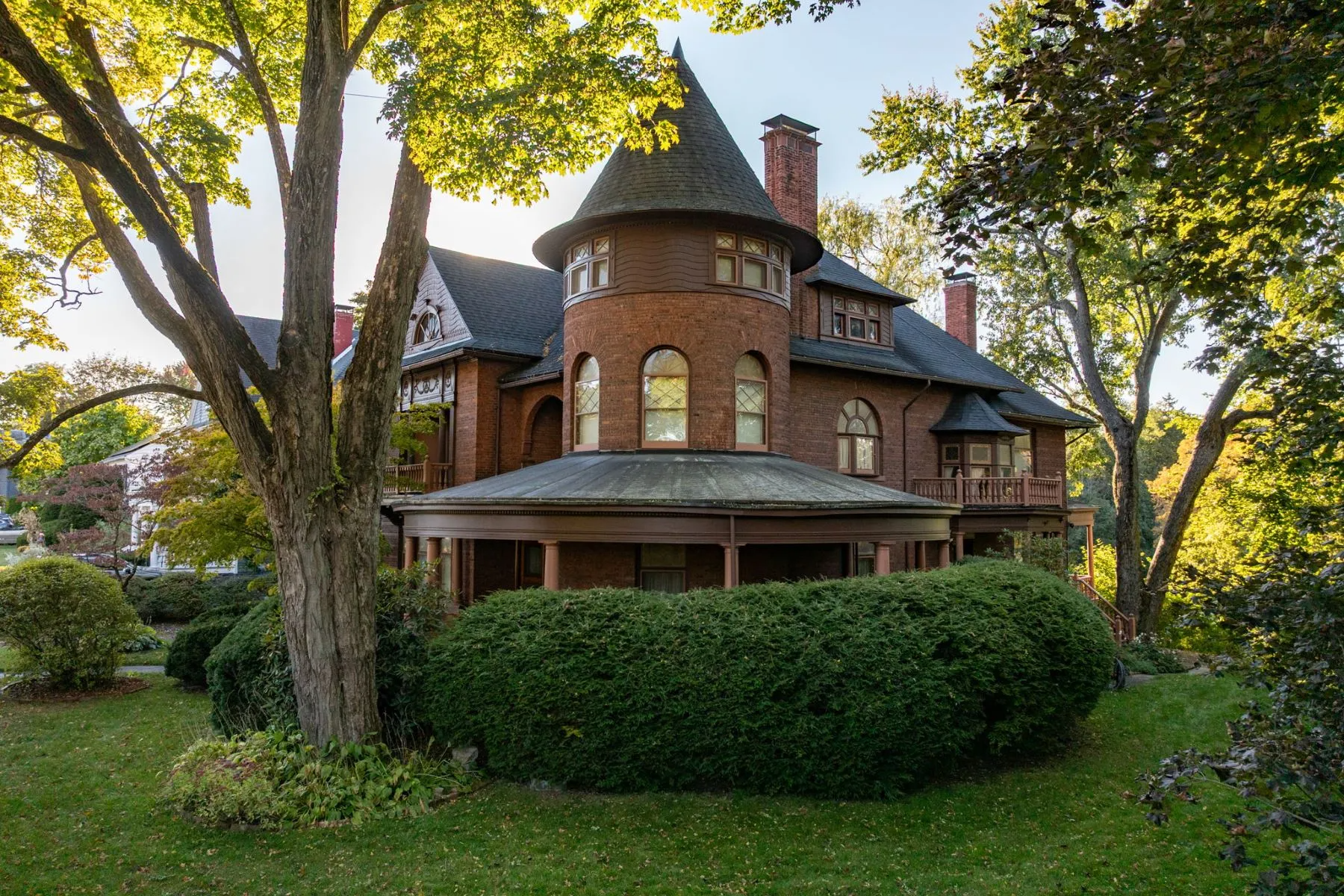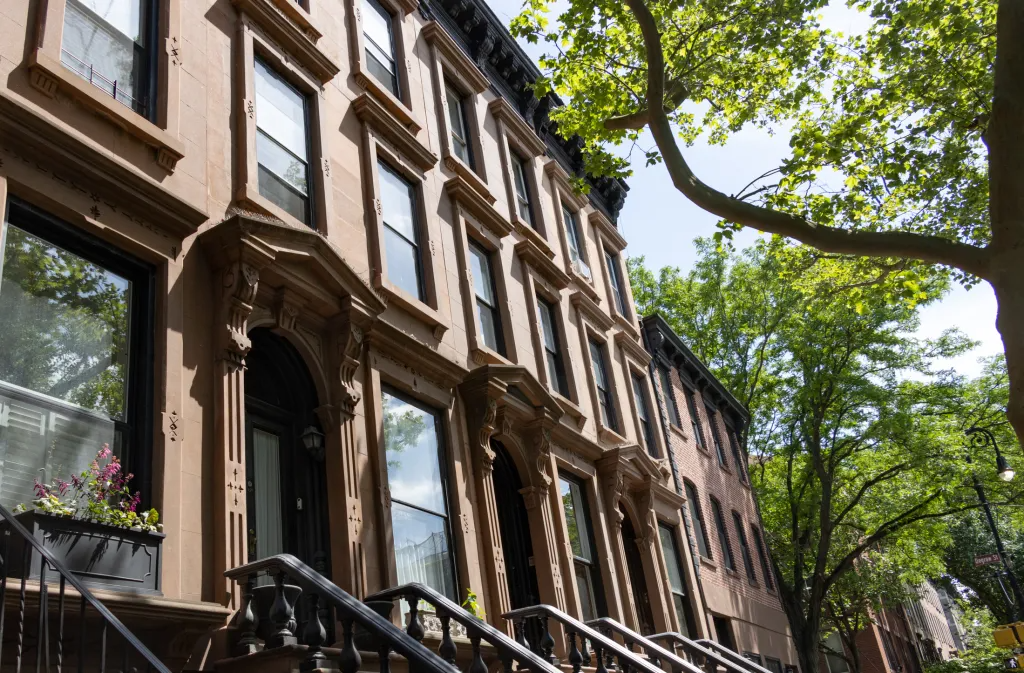The Painful Side of Supply and Demand
NYU Econ Prof Nouriel Roubini is all doom-and-gloom in this week’s New York Magazine interview. We excerpt some of his zingers herewith: You’re going to see some pretty nasty price action. We’re going to have a national recession in early 2007, and Wall Street profits and bonuses will sharply drop, limiting the wealth of these…

 NYU Econ Prof Nouriel Roubini is all doom-and-gloom in this week’s New York Magazine interview. We excerpt some of his zingers herewith:
NYU Econ Prof Nouriel Roubini is all doom-and-gloom in this week’s New York Magazine interview. We excerpt some of his zingers herewith:
After making your way through the entire Q&A, it’s almost a relief to find out that he only thinks prices are going to fall 5 to 10 percent over the next year. Kinda feels like getting off easy!
The Descent [New York Magazine]
Illustration by James Taylor





this guy works down the hall from me. always wonderd what the hell the did in there.
I think the real point about Wall St. money isn’t that it isn’t high, but that many of those people already own, and more importantly, even if they sold and bought something else, demand doesn’t change, nor does inventory.
Those who think they’ll just pick up some even bigger discounts if they just wait until 2007 – they’ll only have new developments to choose from. Everyone else will hold out and not sell, in the historic central Park Slope neighborhoods. The glut of homes for sale this guy and everyone talks about are new buildings. Big whoop. 4th Avenue, Dumbo and Williamsburg. Be our guest, have at it. They’ve been sitting on the market anyway, even before all the doom and gloom.
Yo… Roubini knows how bonues are distributed. He’s taught a few thousand mbas macro economics. Those bankers making just a few hundred grand are also the demographic most likely to put 5% down. Why? because if the asset appreciates your ROI goes through the roof. Model it baby.
Besides all the other indicators… one other big indicator that the economy and the street will crash is the % of top MBA program grads hitting the streets… its above the 1988 and 2000 levels… shits gunna hit the fan.
I’ll just ignore that snarky double header & proceed with my own dissertation:
I havent read a lot of Roubini’s work but what he’s saying about Wall St. bonuses doesnt make no sense. There are a limited number of bankers who make million dollar plus bonuses, but bonus dollars are more widely distributed than Mr. Roubini and a lot of the people on this board seem to think. There are a large number of drones toiling away on the Street for well south of a million (self included) for whom the bonus is about as large as or a bit larger than the salary. A good year in the market could make the difference between $200K and $300K in annual comp for some folks. A lot of the younger of these people dont currently own, are saving up and might take the plunge and buy a places if they have a good year, which would be incremental demand. Plus, if one of the luckier folks topping the million mark decides to trade up to a bigger place with some of that bonus dough, this is NOT constant demand–they’re pumping new capital into the market!
Financial sector bonuses in NYC in 2005 were over $20 billion (!), investment bank earnings so far this year have been fantastic, so it stands to reason bonuses will be up at least a bit this year. If a few billion of this money wends its way to the real estate market (suspect it will), throw in a little debt beside it, that could buy up quite a lot of those new condos coming onto the market. And that’s just Wall St. money…
Not saying that prices might not go down, in fact my bet is they do eventually, but IMHO the strength of the NYC RE market might continue to surprise some of the more pessimistic out there and on this board until the employment/income picture softens up. Which wont happen here this year.
“I hope 3:31 meant to say that the opportunity cost of living in appreciated property has risen, while real income has stayed the same over the last few years.”
yes i was making that point, although it should be abundantly clear anyway.
The opportunity cost has risen, AND the actual cost as well, as property tax, repairs, insurance, selling and buying expenses are to some degree indexed by the perceived value of your property.
That your house doubled in value – when everyones else did as well – should be no cause for celebration unless you are just approaching retirement age and want to cash out and downsize – or move to des moines. It looks good on paper but it isn’t good for anyone when asset prices outstrip personal income increases.
Gee all these dissertations and for free what a wonderful blog site. SO many experts why study for tuition just log on here.
Gee all these dissertations and for free what a wonderful blog site. SO many experts why study for tuition just log on here.
I hope 3:31 meant to say that the opportunity cost of living in appreciated property has risen, while real income has stayed the same over the last few years. This is an often ignored factor that pushes people to sell appreciated property and drives prices down. We often focus on the degree to which homeowners are compelled to sell because of financial duress rather than financial logic.